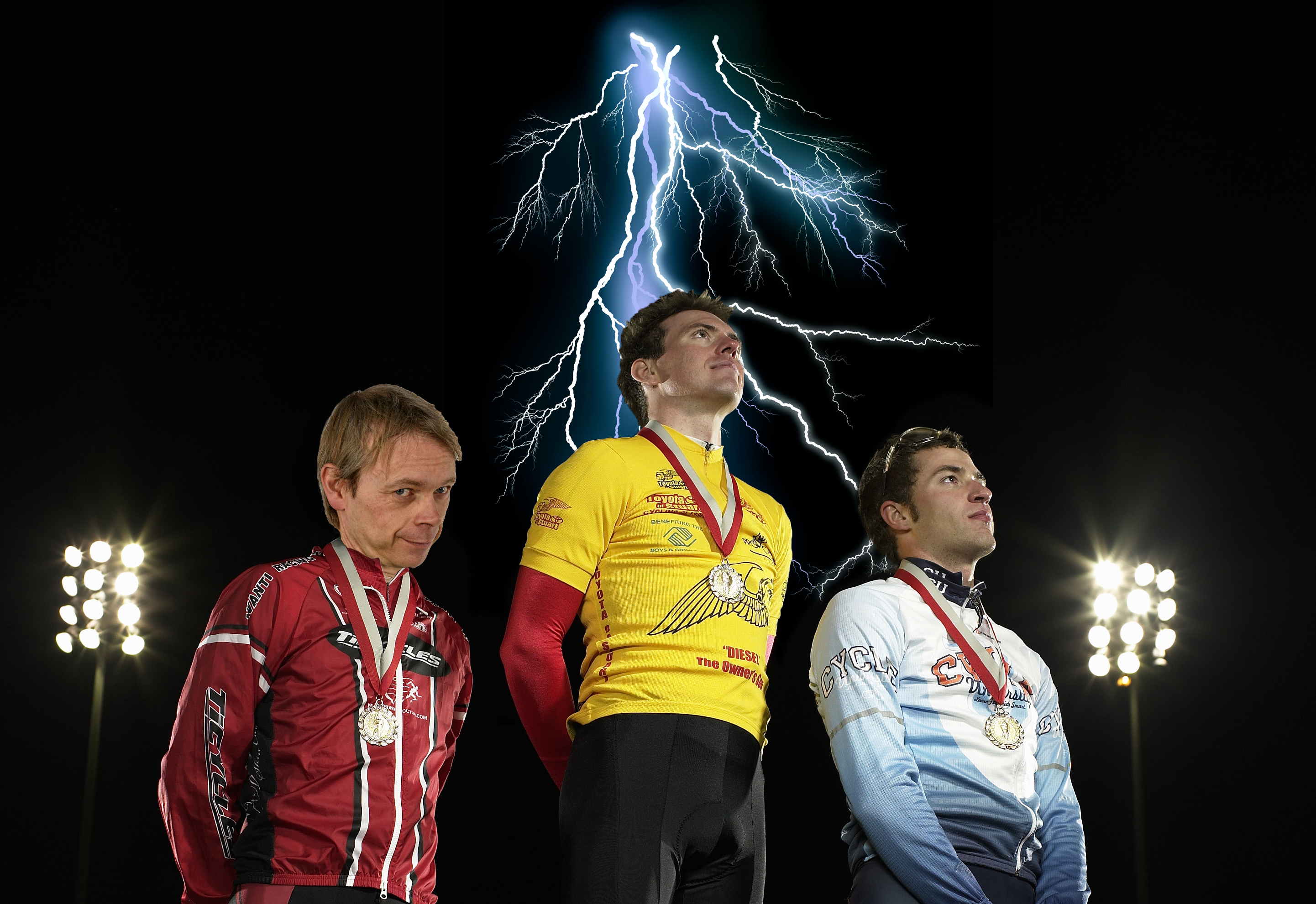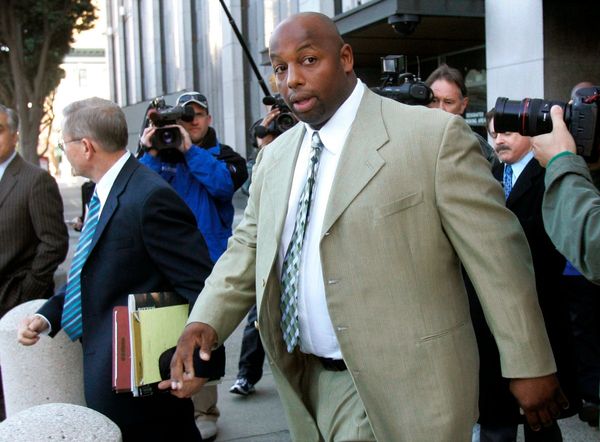
I had a problem recently. A friend placed just inside the top 10 in his category at the Gravel World Championships. I got out my phone to send him a text, and realised I had no idea what to say. It was worse than his result last year. It was better than his result the year before. I knew he’d been struggling a bit for form this year, but he reckoned he’d had a good run-in to the event. I didn’t really know what he was expecting, and hadn’t had the foresight to ask him.
So was the essence of the text, “Congratulations!” Or was it, “Hard luck – I know you’ve had a tough year.” I had no idea. In the end I didn’t send him anything at all.
In order to be confident in this area you need to monitor the form and results of your friends a lot more closely than anyone other than a coach or a stalker would have time for. I like to look out for my friends’ racing. But I also have a life of my own.
It was the same when another friend won an Olympic silver medal. I knew he’d gone expecting gold, but an Olympic medal is still an Olympic medal, and ‘even’ a silver smashes the opposition at almost any medals-as-conkers game. I chanced a “Well done, mate!” and haven’t heard a word from him since.
I should probably have known better. I have a rule of thumb for podiums. The athlete that won, has won. The rider who got the bronze is most likely not even thinking about the win, but just thankful that they weren’t fourth. The guy who finishes second is the one who is probably a bit cross about it. All it would have taken would have been for the gold medallist to be struck by lightning, and the victory would have been theirs.
You can get it wrong the other way. I remember the embarrassment of going up to a friend after a race and saying, “Hey, mate, hard luck. Did you puncture or what?” and have him primly tell me that he was delighted with the result, what with the broken leg he’d had earlier in the season, which I’d totally forgotten about.
You can’t even completely rely on the winner being happy. I once won a 25-mile TT by around a minute. When a former coach of mine came over to say, “Well done,” I said, “Thanks. But honestly I thought I’d maybe have a bit more in me today. I was going better last week.” “I see,” he said. “So exactly how much did you want to win by?” Which was what I deserved.
My friend Bernard sometimes gets it wrong deliberately. A mutual friend managed to get onto the podium of a time trial championships. “You must be so disappointed,” said Bernard. Our friend, with the result of his career, looked surprised.
“Well,” continued Bernard. “We all know that you could do a lot better than that. If you wanted to. But it would take real commitment.”
And, yes, the reverse works too. “Brilliant! Mate, seeing you finish 10th in your age group just made my day!” delivered to someone who he knew wanted to win the whole race overall was an absolute masterpiece of passive aggression. (Actually, it’s more like complimentary aggression, and very few people on this earth could have come up with it.)
All of this is the reason that TV interviewers on post-race duty very often start with a very open question. “Talk us through it!” Or, “Tell us how you’re feeling!” It means they don’t weigh in with, “Silver, what a result!” to someone who came only for the win.
It’s also why I’d love to see Bernard on post-race TV duty.







